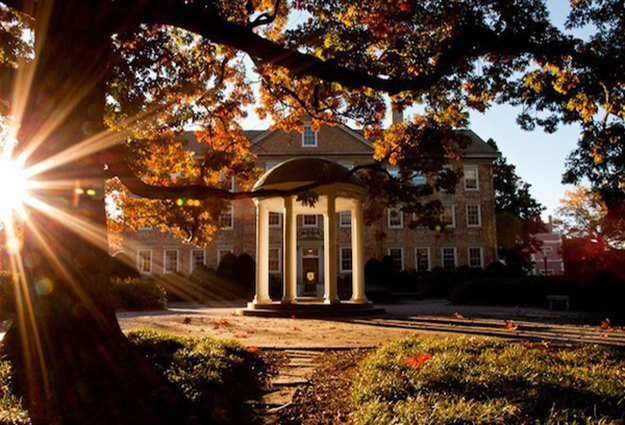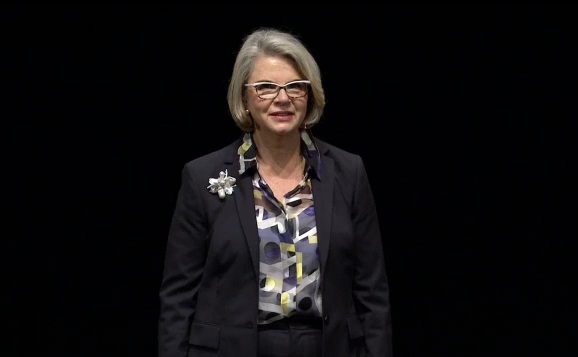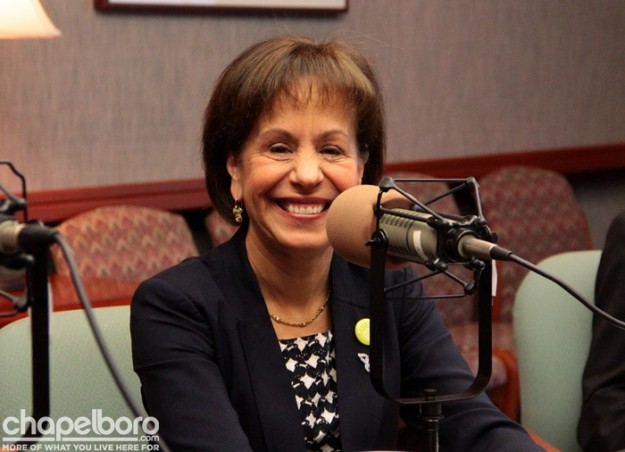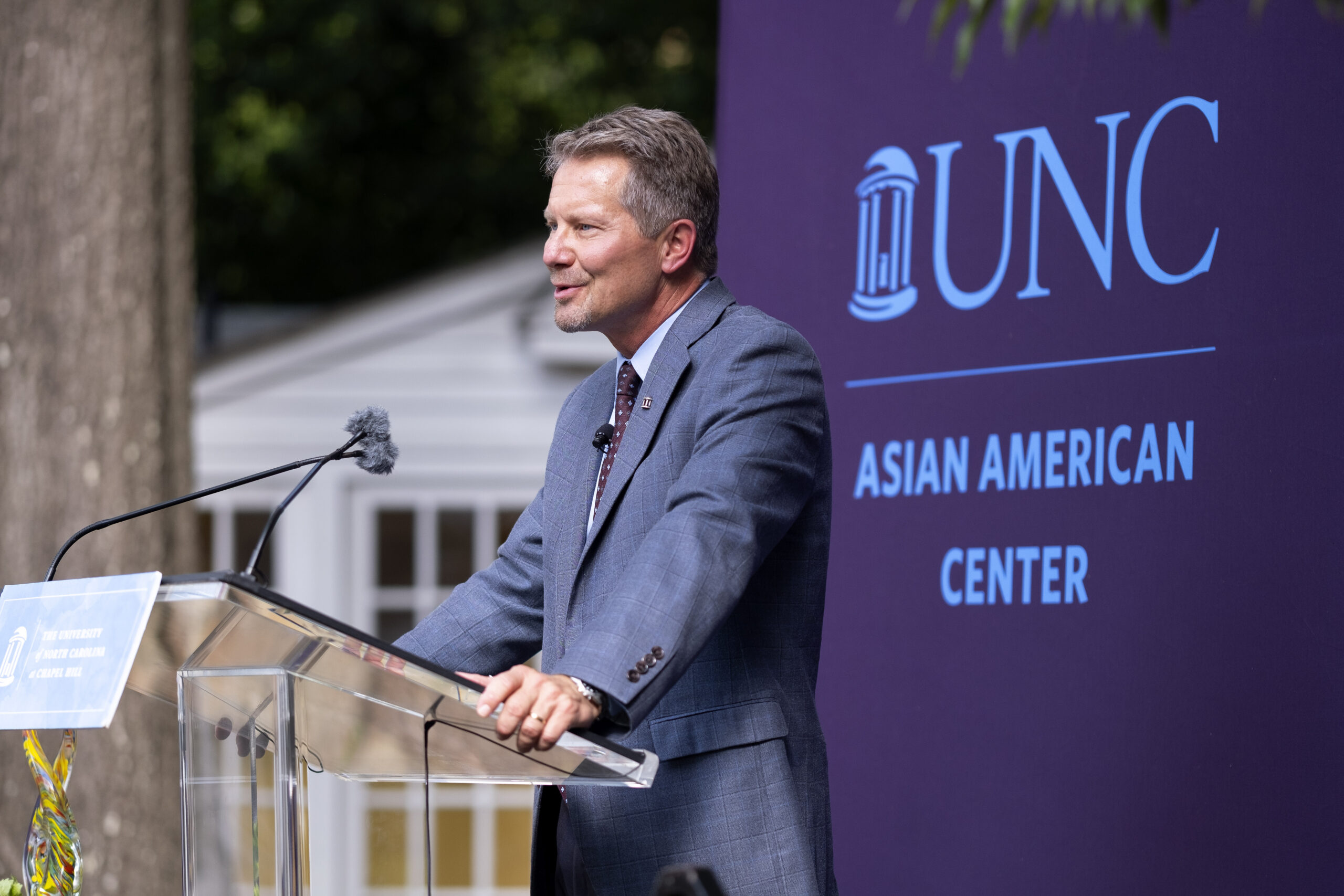The future of higher education: it’s a major issue for policy makers at the state and federal level – and universities are planning for their own futures too, at a time of great uncertainty and significant transition.
What should tomorrow’s colleges and universities look like? How should we be devoting our resources? What should our priorities be? What should be changed, and what should remain the same?
WCHL’s Will Arrington is looking into the future of higher education this year, with perspectives from all sides of the political spectrum. In Part 7 of a series, he sits down with one professor whose own personal experience in academia offer insights for the road ahead.
Listen to the report.
People often assume college professors always intended to be college professors. But what about those who didn’t have that intention? What perspectives do they have to offer?
Dr. Robert M. Jenkins is a professor of political science at UNC-Chapel Hill with a focus on East/Central Europe and Russia. He says his journey didn’t start off with professorship as the goal.
“I worked as social worker for a year, then pretty quickly figured out that I didn’t like that and decided to go back to graduate school,” he says. “Somewhere in the process of getting a master’s degree I decided that maybe I would make this a profession and went on and got a PhD.”
Jenkins worked several years at Yale, then went into consulting for four years. “There were opportunities,” he says. “The post-communist world was changing pretty rapidly at that point in time.” But he returned to academia after getting a chance to run the Master’s program at the Center for Slavic, Eurasian, and East European Studies (CSEEES).
He’s never been on a traditional tenure path (and he doesn’t intend to seek it), but Jenkins says that in some ways that’s been a blessing. He says he’s not under constant pressure to publish – unlike those who are on the tenure track – and that freedom has allowed him to “explore more things of interest to me as well as [to focus on] teaching students and programs.”
Having worked as an administrator, Jenkins also says he thinks the culture of bureaucracy in universities, which has been cited by some as a major contributor to the costs of college, is difficult if not impossible to change. “Once you have bureaucracy,” he says, “it has an internal logic where the rules become the dominant focus of the organization. Doesn’t matter if it’s a university or a private company: the people who run the bureaucracy believe in the way the rules are set up, and their job is more concerned with generating a rationality to the rules than it is with teaching students.”
Jenkins says he thinks the only way to reduce costs is heavy government intervention, but he doesn’t think that there’s enough of a push right now to do that. He has doubts about whether a European style model for higher education would work in the US, because he thinks that it would remove the competition factor that makes American universities and students excel.
And he says that while there’s a huge push for STEM-related fields in higher education, he doesn’t think that there’s any reason for liberal arts to be cast aside.
“The fundamental questions in the world are organized around power and resources,” he says. “Learning how to analyze power and resources is fundamental to being a citizen.”
Read Part 1 of Chapelboro’s series on higher education.
Read Part 2 of Chapelboro’s series on higher education.
Read Part 3 of Chapelboro’s series on higher education.
Read Part 4 of Chapelboro’s series on higher education.







Comments on Chapelboro are moderated according to our Community Guidelines